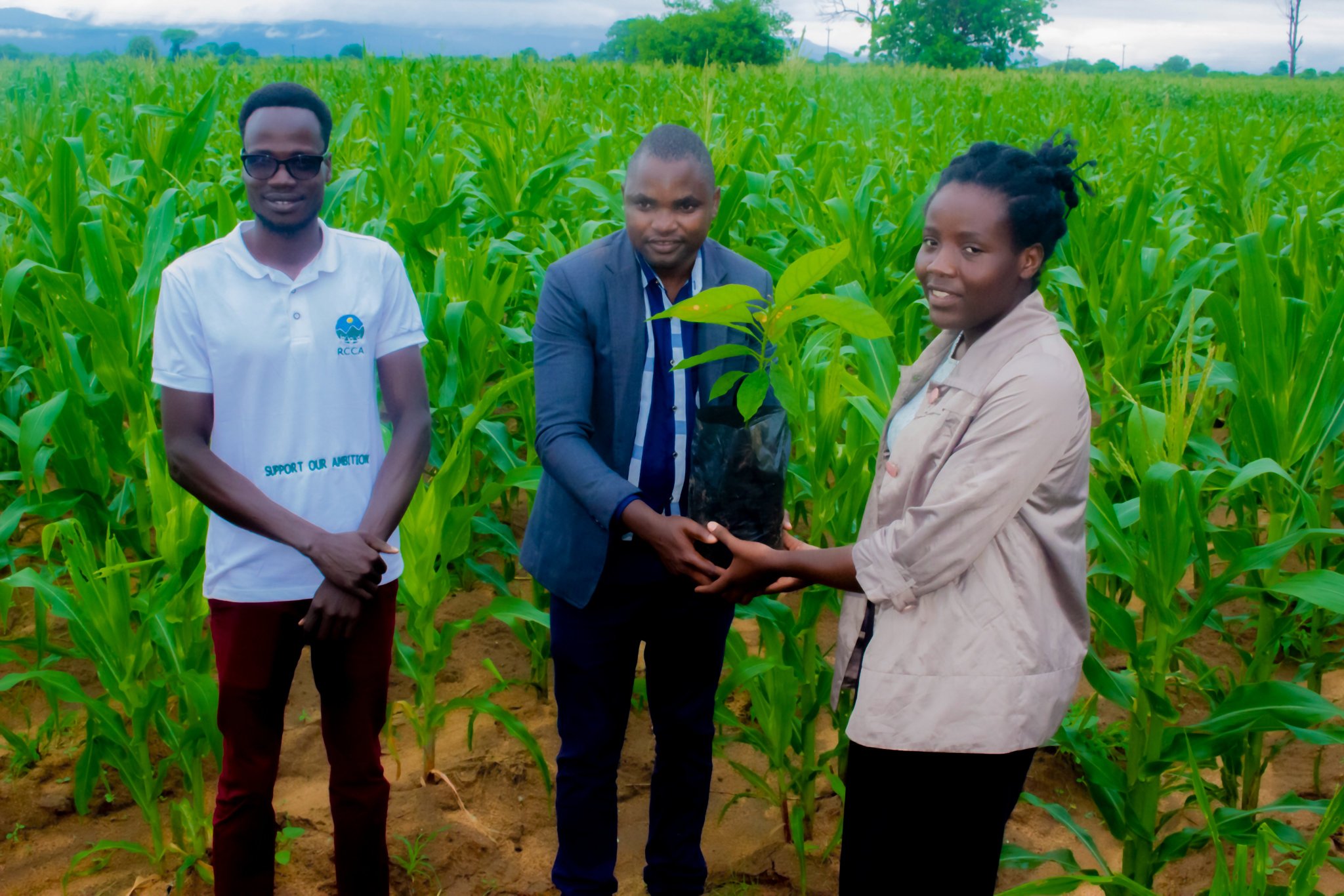|
Getting your Trinity Audio player ready…
|
World Refugee Day is a day to honour the courage, strength and contributions of millions of people worldwide who have been forced to flee their homes due to violence, war or persecution. It’s a day to remember that with help from hosting communities and neighbors, can restart their lives and contribute to the countries hosting them.
World Refugee Day is commemorated on June 20 each year. This year’s theme is “Hope Away From Home. A world where refugees are always included.”
In Zimbabwe, World Refugee Day celebrations will take place in Tongogara Refugee Camp in Manicaland Province on June 30. UNHCR, in collaboration with the Ministry of Public Service, Labour and Social Welfare, and partners, will organize the commemoration in the camp with refugees and asylum-seekers. Together they will remember the importance of giving hope to refugees by empowering them to take greater command of their daily lives. The celebrations in the refugee camp will include a wide range of entertainment activities organized by refugees and asylum-seekers, from performances of traditional dance groups to refugee children reading poems and singing the national anthem.
To mark this day, the Ministry of Public Service, Labour and Social Welfare, partners and the people of Zimbabwe recognized the tenacity and resilience of over 16,000 refugees and asylum seekers domiciled in the country. “We wish to assure them of the Government of Zimbabwe’s commitment towards the realization of the inclusive agenda of “leaving no one and no place behind” shown in education, health, food and nutrition security, information, communication and technology, self-reliance, sport, and cultural programmes among others”, said the Minister of Public Service, Labour and Social Welfare, Professor Paul Mavima.
He added that “as a progressive member of the community of nations, Zimbabwe affirms its international obligations towards refugee protection in line with the cardinal principles and values enshrined in the international, continental and national policy framework.” The Government also “reaffirms its commitment to advance the humanitarian-development nexus in order to harness the demographic dividend within the refugee population towards their transformation.”
Finally, “the Second Republic wishes to assure partners and refugees that the Government will continue to put in place robust policy and administrative measures to transform Tongogara Refugee Camp in line with Vision 2030, towards an Upper Middle-Income Economy. ”
The attendees at the celebration in Tongogara on June 30 will visit some projects in the camp supporting refugees and the host community’s self-reliance, namely the new irrigation scheme and the new green and safe market. During the tour, there will be a groundbreaking ceremony for a new housing project in the camp and the commissioning and handover of the new infant classroom block.
The UNHCR Representative in Zimbabwe, Ahmed Baba Fall, stated that “including refugees in the communities where they have found safety is the most effective way to enable them to rebuild their lives and contribute to local economies and the countries hosting them.”
Together with the Government of Zimbabwe and its partners, and with donors’ support, UNHCR is providing livelihood opportunities for refugees and asylum-seekers and the communities hosting them in the country. UNHCR works to empower refugees to achieve self-reliance in terms of food security and household incomes and to build their capacity to be more productive.
The Government of Zimbabwe hosts over 23,000 refugees and asylum-seekers. Most of them reside at Tongogara Refugee Camp. Approximately 74% of the refugees and asylum-seekers registered by UNHCR are from the Democratic Republic of the Congo, while 11% come from Mozambique, 6% from Burundi, 5% from Rwanda, and 4% from other nationalities.
UNHCR’s mandate is to safeguard the rights and well-being of people forced to flee. Together with partners and communities, UNHCR works to ensure that everybody has the right to seek asylum and find safe refuge in another country, while also striving to secure lasting solutions.
